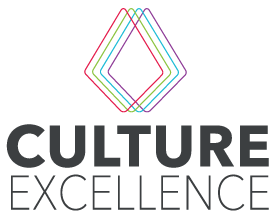Case Study: Cargill
Cargill was founded in 1865 as a single grain warehouse in Iowa, U.S. Since then, they have grown to become a global partner connecting people around the planet. One thing has remained constant over the years: their purpose of nourishing the world in a safe, responsible and sustainable way. Cargill helps the world’s food system work for you. They connect farmers with markets, customers with ingredients and families with daily essentials—from the foods they eat to the floors they walk on. They are working with farmers to increase regenerative agriculture and reduce environmental impact. They are creating everyday earth-friendly items, like feed that reduces methane emissions and waste-based renewable fuels. And they are harnessing the power of technology, using artificial intelligence to keep animals healthier while making producers more productive.
Culture Excellence has been working with Cargill since 2020, assessing their safety and quality culture across the company’s many global sites.
In this case study we share some of the content from Cargill’s recent presentation on how they are continually improving their food safety culture.
Food Safety Quality and Regulatory Strategy:
Food Safety Culture at Cargill
Cargill has a Quality Improvement Program (QUIP 2.0) and are working towards a shared goal of zero harm.
Cargill Vision:
To be the most trusted partner in agriculture, food and nutrition.
Cargill Values:
Our values in action: following our Guiding Principles.
Obey the law,
We conduct our buainess with integrity,
We keep accurate and honest records,
We honour our business oblications,
We treat people with dignity and respect,
We are a responsible global citizen.
Reference: Campden BRI (2023), Culture Excellence 9th Annual Seminar




